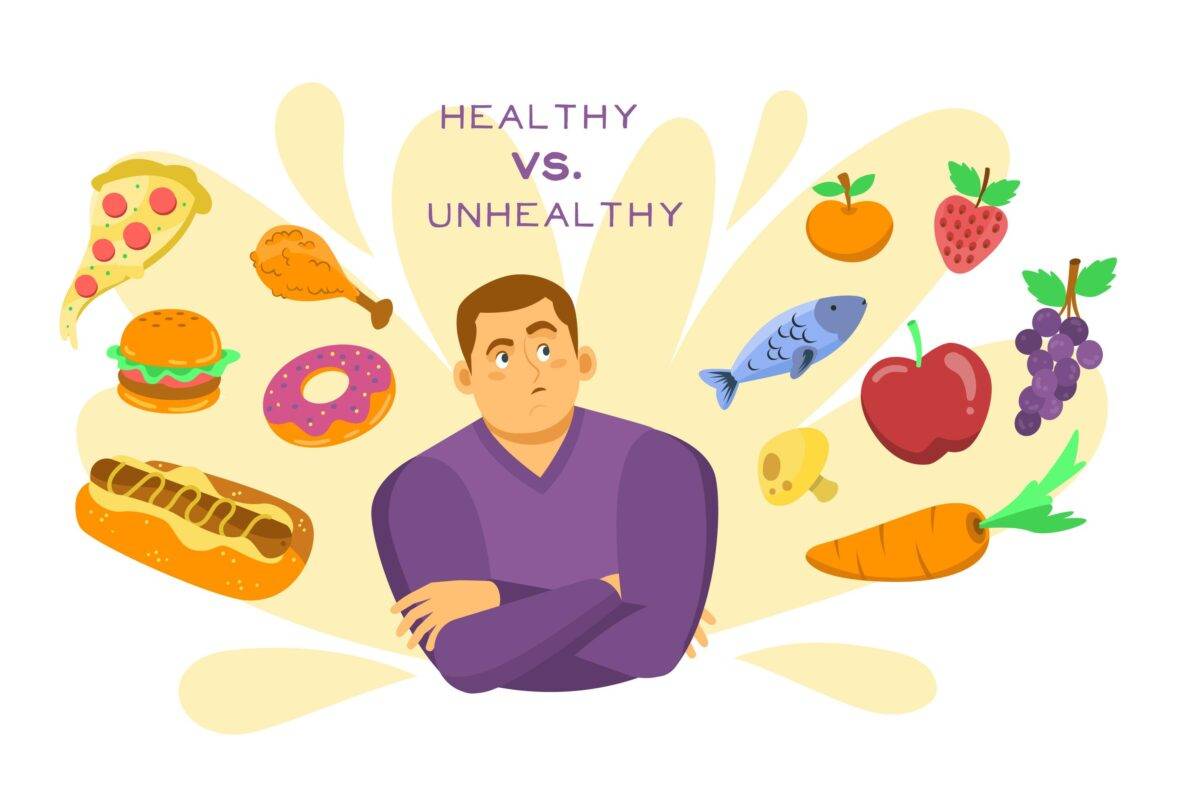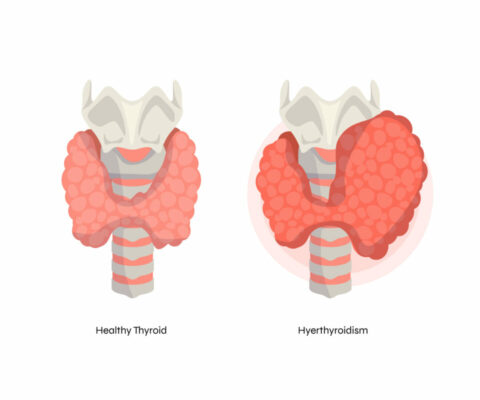
Elevated blood sugar levels are a key indicator of the complex metabolic condition known as diabetes. Research has revealed that nutrition is essential for diabetes reversal, even though medicine is frequently provided to treat the condition. People with diabetes may be able to reverse their illness and improve their health outcomes by learning how diet affects blood sugar control and implementing a tailored approach to nutrition. We will examine how food choices can affect blood sugar levels in this article as we explore the function of nutrition in diabetes reversal. We will also talk about how crucial it is to customize nutrition plans to meet each person’s needs.
- Understanding the Link between Nutrition and Diabetes
Diabetes management and reversal are greatly influenced by nutrition. Food has a direct impact on blood sugar levels, insulin sensitivity, and general metabolic health. Individuals with diabetes can optimize their nutrition to promote stable blood sugar control and perhaps reverse the condition by adopting smart dietary choices.
- The Glycemic Impact of Carbohydrates
Carbohydrates have the largest impact on blood sugar levels since they are broken down into glucose during digestion. Understanding the glycemic index (GI) and glycemic load (GL) might help people choose carbohydrates that have a low influence on blood sugar levels. Consuming low-GI and low-GL carbs, such as whole grains, legumes, and non-starchy vegetables, can help with blood sugar control and diabetes reversal.
- The Role of Macronutrients in Diabetes Reversal
Aside from carbs, the balance and composition of macronutrients (proteins, fats, and carbohydrates) is critical for diabetes reversal. Incorporating lean proteins, such as poultry, fish, and plant-based sources, can help manage blood sugar levels, improve satiety, and aid in muscle mass retention. Furthermore, eating healthy fats like avocados, almonds, and olive oil might increase insulin sensitivity and overall metabolic health.
- Personalized Nutrition and Diabetes Reversal
There is no one-size-fits-all strategy to diabetes reversal nutrition. Each person’s reaction to different meals and eating habits is unique. Personalized nutrition seeks to find an individual’s specific dietary needs by considering characteristics such as metabolic profile, genetics, and lifestyle. Healthcare experts can build individualized dietary programs that maximize blood sugar control and facilitate diabetes reversal using procedures such as medical nutrition therapy and nutrigenomics.
- The Benefits of Fiber and Micronutrients
Dietary fiber plays a significant role in diabetes management and reversal. It slows down the absorption of glucose, reduces postprandial blood sugar spikes, and promotes a feeling of fullness. Consuming fiber-rich foods, such as fruits, vegetables, whole grains, and legumes, is essential for individuals with diabetes. Additionally, adequate intake of essential micronutrients, including vitamins and minerals, supports overall metabolic health and can contribute to diabetes reversal.
- The Importance of Meal Timing and Portion Control
Meal timing and portion control are crucial aspects of diabetes management and reversal. Spacing meals throughout the day and avoiding large, infrequent meals can help prevent blood sugar fluctuations. Balancing carbohydrates, proteins, and fats in each meal and practicing portion control can support better blood sugar control and promote weight management.
- The Role of Nutrition Education and Support
Nutrition education and ongoing support are essential for individuals with diabetes on their journey to reversal. Providing individuals with the knowledge and skills necessary to make informed dietary choices empowers them to take control of their health. Collaborating with registered dietitians and healthcare professionals ensures that individuals receive accurate information, personalized guidance, and continuous support to sustain long-term dietary changes.
Conclusion
Nutrition plays a fundamental role in diabetes reversal. By making conscious dietary choices, focusing on low-glycemic carbohydrates, incorporating lean proteins and healthy fats, and personalizing nutrition plans, individuals with diabetes can optimize blood sugar control and potentially reverse the condition. Education, support, and ongoing collaboration with healthcare professionals are critical components of successful diabetes reversal journeys. By embracing the power of nutrition, individuals can take control of their health and pave the way for a brighter, diabetes-free future.


















